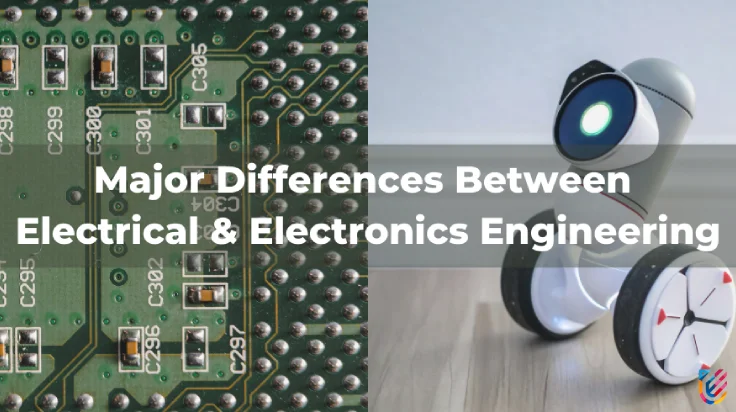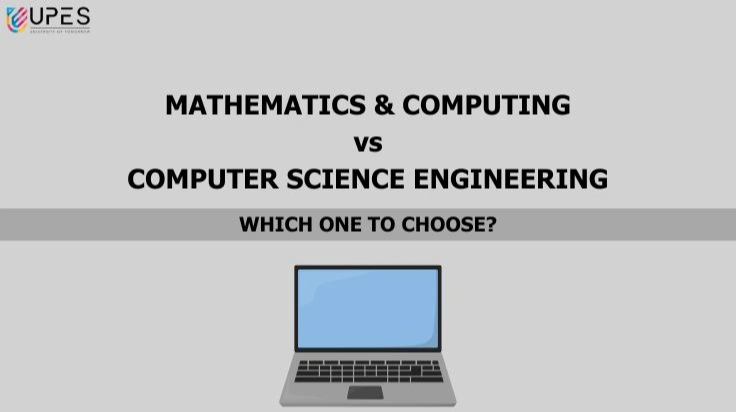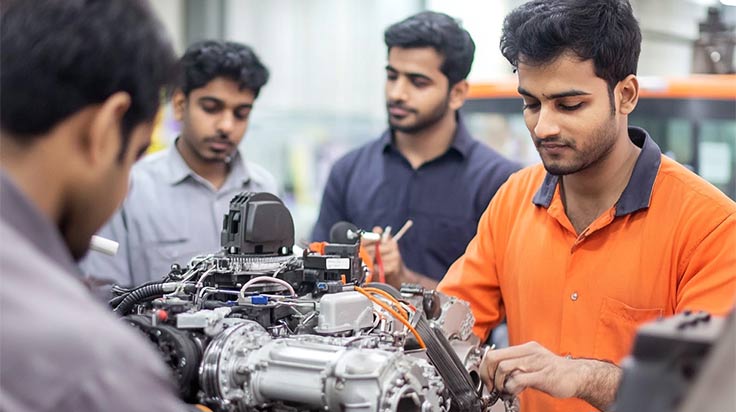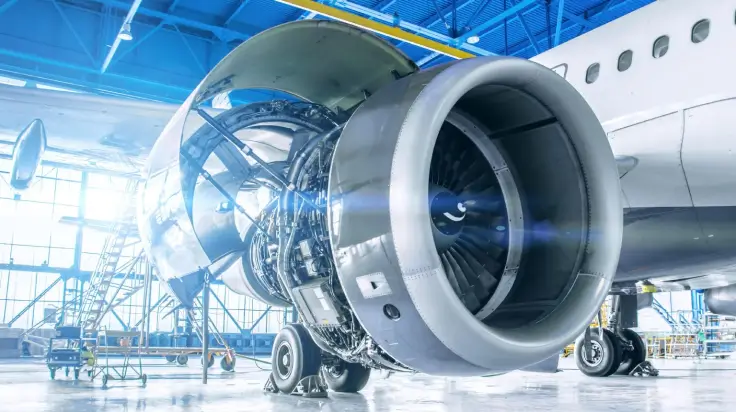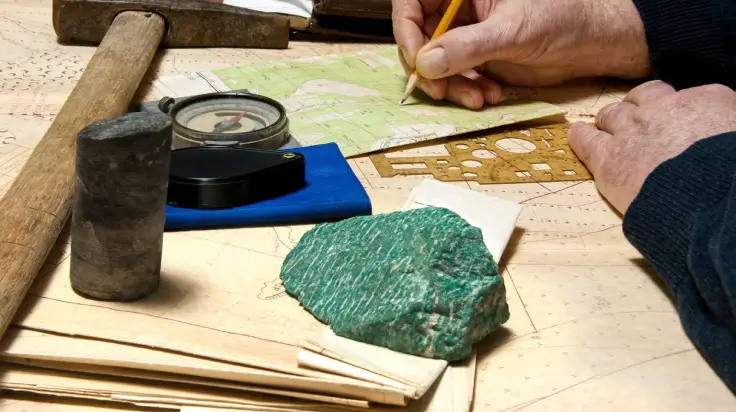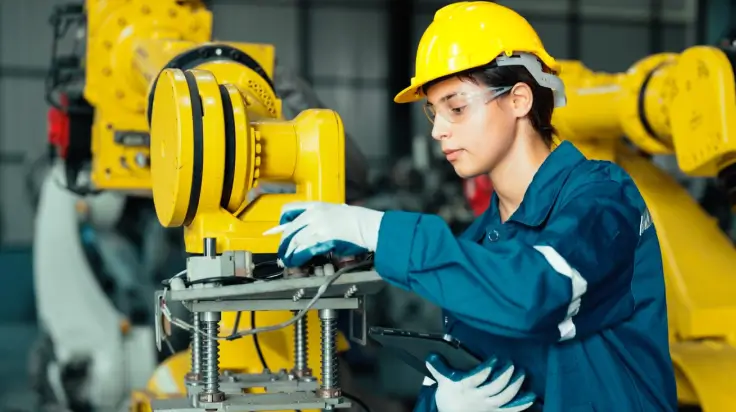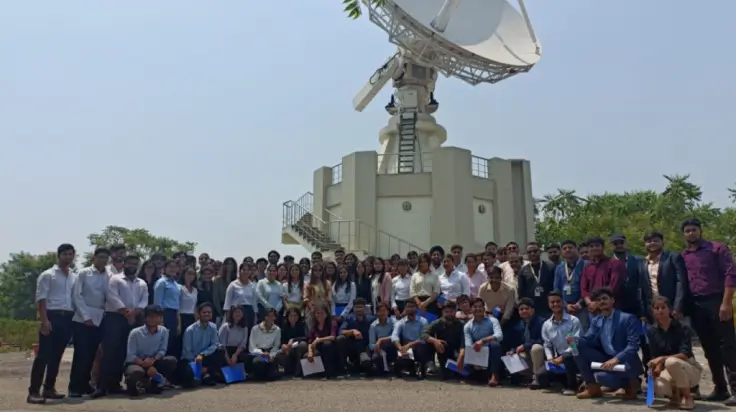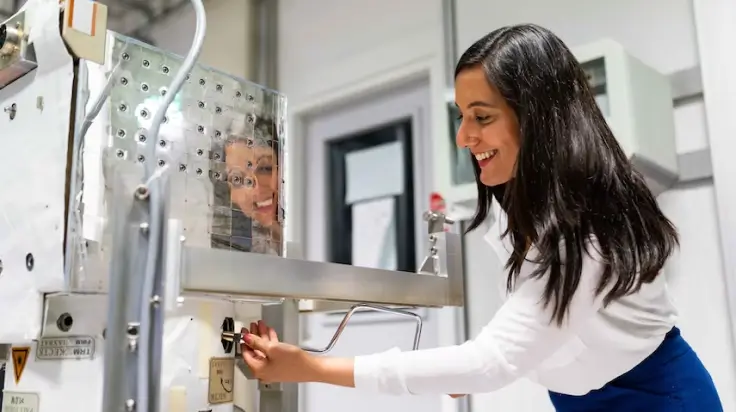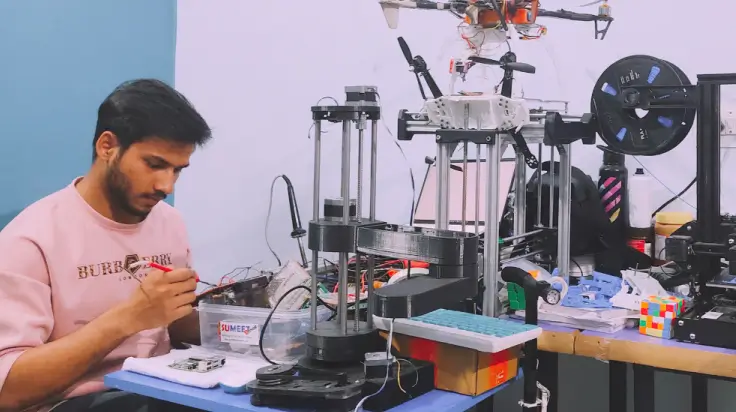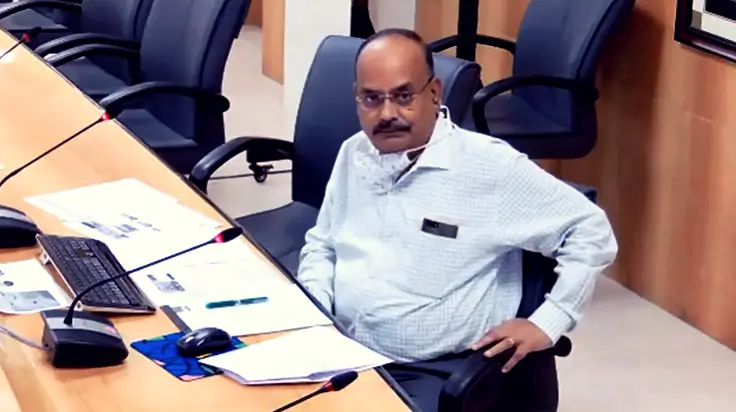Secure a sustainable future with B.Tech. in Clean Energy Technologies
- Aditya Mukherjee
- Published 15/09/2022

Image credit: Pexels
On completion of a B.Tech. in Clean Energy Technologies, graduates acquire proficiency in subjects like solar thermal engineering, advanced material physics, solar power technology, and more
Clean energy can be defined as the energy produced from natural resources that are sustainable and can be replenished over a period of time. This type of energy is also referred to as renewable or green energy. Essentially, the production of any clean energy does not result in the creation of environmental debt.
India is looking forward to having 175 GW of renewable energy capacity, including 100 GW of solar and 60 GW of wind energy by 2022. Make no mistake, renewable energy is going to power the future.
Just to reiterate, since coal is considered the most important fossil fuel in India, it accounts for 55% of the country’s energy needs. Hence, the urgency to fall back on various sources of renewable energy for further sustainability.
The good news is that in the area of clean energy, wind power, solar power and biomass are meeting the needs of various sectors with great results. In the coming days, they would become indispensable.
Clean energy technology ensures clean energy substitution. In this regard, China has come up with a host of innovations and applications in clean power generation and operation technologies, giving a boost to large-scale exploration and integration of clean energy.
Clean technology reduces negative environmental impact through significant energy efficiency improvements, the sustainable use of resources, or environmental protection activities.
Why study clean energy technology
After completing the course, graduates can find themselves in the thick of things by playing a major role in sustainable development by promoting renewable energy technologies and providing alternative energy options to the industries.
On completion of the programme, graduates gain proficiency in subjects like solar thermal engineering, advanced material physics, solar power technology, and more.
With increasing focus on a greener world, reducing carbon footprint has become extremely important. This is where new and innovative technologies will change the way we live.
Professionals in this field can make a difference as they provide alternative energy options that can be judiciously used as reliable and efficient energy sources.
With more vacancies in the private sector, the demand for professionals in this field has gone up considerably as new job opportunities are being created in the bio-energy, wind power and hydropower industries.
Clean technologies include recycling, renewable energy, information technology, green transportation, electric motors, green chemistry and lighting.
Forms of clean energy include water power, solar power, biomass energy, geothermal energy, biogas, wave and tidal energy.
With world population galloping, there is an ever-increasing demand for energy and renewable sources are the perfect answer to providing sustainable energy solutions, while also protecting the planet from climate change.
Since renewable energy sources don’t release greenhouse gases such as carbon dioxide, they do not contribute to global warming. These renewable sources can to a great extent keep a control over climate change.
On the other hand, measures such as reforestation can help to alleviate the damage being done to the climate, combining to reduce global warming.
Clean energy technology is going to play an important role in improving our quality of life by reducing air and water pollution.
According to a report published by the International Renewable Energy Agency (IRENA) in collaboration with the United Nations’ International Labour Organisation (ILO), employment in the clean energy sector reached 12.7 million last year, with the creation of 700,000 new jobs in just 12 months globally. Career options in this sector include Solar Energy Specialist, Renewable Energy Analyst, Technical Consultant, Project Engineer, to name a few.
Aditya Mukherjee
The writer is a part of the UPES editorial team
Tags
- School of Engineering
UPES Admission Enquiry
Subscribe to UPES Blogs
Join our community for exclusive stories, insights, and updates
By clicking the "Subscribe" button, I agree and accept the privacy policy of UPES.











